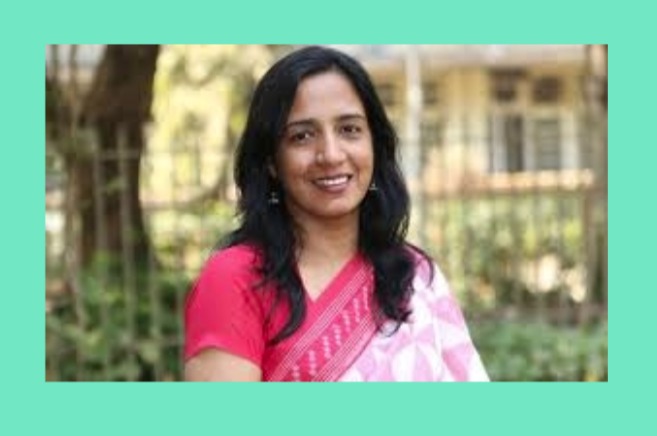2 May 2024: The principal of Mumbai’s Somaiya School, Parveen Shaikh, finds herself at the center of a contentious debate following her alleged remarks on the Israel-Hamas conflict. Shaikh, who has served as the school’s principal for seven years, has been ordered to resign by the school administration due to her comments on the microblogging platform X. However, she has adamantly refused to step down, citing her commitment to freedom of speech and her dedication to the school.
In response to the administration’s directive, Shaikh emphasized her belief in democratic principles, particularly the fundamental right to freedom of expression. She expressed astonishment at the perceived backlash to her comments, asserting that they were within the bounds of personal opinion and should not warrant such punitive measures. Despite pressure to resign, Shaikh reiterated her unwavering commitment to the institution, stating that she has given her utmost effort to its development.
The controversy surrounding Shaikh’s remarks has sparked broader discussions about the boundaries of free speech and political expression within educational institutions. According to Shaikh, there are no explicit guidelines regarding political commentary for employees, and it was previously clarified that personal views expressed on personal social media accounts are permissible.
The situation escalated further when online publication OpIndia published an article criticizing Shaikh based on her social media post. Subsequently, on April 26, the management of The Somaiya School issued the directive for Shaikh to step down.
In a show of solidarity, Deepa Balsavar, an author and illustrator, took to Instagram to defend Shaikh’s character and leadership. Balsavar praised Shaikh’s professionalism and contributions to the school’s success, denouncing the management’s decision as capitulation to communal animosity.
As the controversy continues to unfold, it underscores broader societal tensions surrounding freedom of speech, communal harmony, and the role of individuals in positions of authority. Shaikh’s refusal to resign serves as a poignant reminder of the complexities inherent in navigating such contentious issues within educational institutions.




